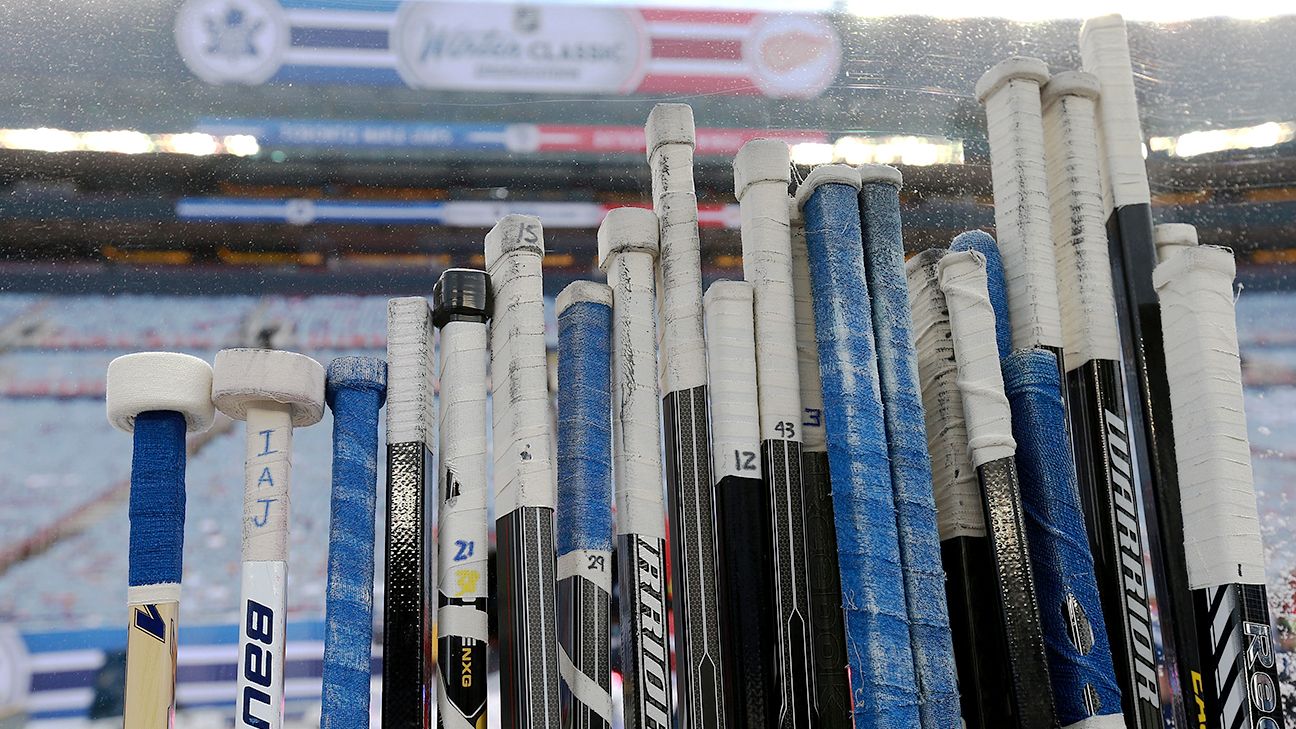
The American Hockey League moved its projected start of next season back to Feb. 5 because of the COVID-19 pandemic, president and CEO Scott Howson announced Wednesday.
The AHL's board of governors finalized that projected start date during a brief conference call. The AHL is the top minor league affiliate for the NHL, which is targeting a Jan. 1 start for the season.
"This gives us the best chance to have a significant season,'' Howson said in a phone interview. "We're going to be flexible and we're going to do everything we can to play.''
A typical AHL season usually starts after the NHL gets underway. NHL deputy commissioner Bill Daly said he doesn't expect the AHL announcement to affect the NHL's planning.
Daly said the AHL has kept the NHL informed during its decision-making process and that general managers were briefed last week on the developments.
The AHL had previously said it would not begin play any earlier than Dec. 4. The ECHL -- a tier below the AHL in North American minor league hockey -- announced earlier in October it will start its season Dec. 11 with 13 of 26 teams participating right away.
ECHL teams in Atlanta and Norfolk, Virginia, voluntarily opted out of this season.
The NHL already canceled the Winter Classic scheduled for New Year's Day and All-Star festivities set for late January because of no guarantee fans could attend. In making that announcement, the league said it had not altered its plans to start on or around Jan 1.
Earlier this week, Howson said that he doesn't have a minimum number of games in mind to ensure that next season is legitimate in the eyes of players, teams and fans. His main concern was when the league would start. Then the rest of the details will fall into place.
Harder to predict is who might be able to watch these games. The AHL averaged 5,538 fans per home game last season, led by Cleveland (9,043) and dragged down by Stockton (2,781).
"Just having some capacity for fans in the building is a big, big issue for us," he said. "If we don't have that, then that's going to limit some teams on their desire and ability to play."
Teams and arenas are already in communication with local governments regarding the potential to have fans at AHL home games next season, including discussions of what COVID-19 precautions they'll need to take to make that possible.
"Right now, we have seven of our markets that can host, to varying degrees, people in the stands. We're hoping that's going to improve. But ticket sales are the largest economic driver in our world," Howson said.
ESPN's Greg Wyshynski and The Associated Press contributed to this report.















 Phone: (800) 737. 6040
Phone: (800) 737. 6040 Fax: (800) 825 5558
Fax: (800) 825 5558 Website:
Website:  Email:
Email: 






